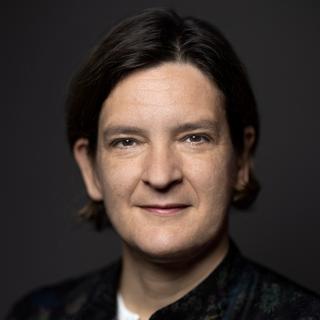


Esther Duflo: 'I discovered that economists have a dangerous power'
InterviewIn an interview with Le Monde, the winner of the 2019 Nobel Prize in Economics, looks back on how a stint in Moscow led her to becoming an economist, and on her decisive meeting with Daniel Cohen, who died in 2023.
At 52, Esther Duflo, winner of the 2019 Nobel Prize in Economic Sciences for her work on the fight against poverty, is now the president of the prestigious Paris School of Economics – where she began her career in economics – following in Daniel Cohen's footsteps. From her office at the Massachusetts Institute of Technology (MIT), near Boston, the French-American researcher described the events that led her to the field of development economics. A member of the US National Academy of Sciences, she received several awards and distinctions after co-writing Poor Economics: A Radical Rethinking of the Way to Fight Global Poverty (together with Abhijit Banerjee), which has been translated into 17 languages, as well as a dozen children's books.
Finish the sentence: I wouldn't have gotten to where I am if...
If I hadn't found myself in Moscow in September 1993 – because I'd decided to give up economics! I was 21, studying at the Ecole Normale Supérieure (ENS) and I'd gone to Russia to work on Soviet history. I wanted to leave my comfort zone; Moscow in the 1990s was perfect for that. I was living in Spartan conditions, there was violence and Kalashnikovs in the streets. One day, I was at the airport trying to help a friend who had stopped over in Moscow without a visa, and suddenly I saw the economist Daniel Cohen coming down the escalator. I'd taken economics with him the year before, at the ENS, and hadn't taken to it.
Economics seemed to me ideologically suspect. The basic models say that minimum wages should be avoided, that redistribution leads to inefficiencies... It seemed to me an absurd discipline, a language to justify the status quo and do nothing to improve people's lives. It was obviously an excessive judgment. When I saw Daniel Cohen that day in Moscow, I went straight to him to ask for his help. He couldn't do anything for my friend, but he said, "It's all very well to study history, except that with economics you can have a front-row seat to what's really going on. Come and see me tomorrow."
You have 82.18% of this article left to read. The rest is for subscribers only.
